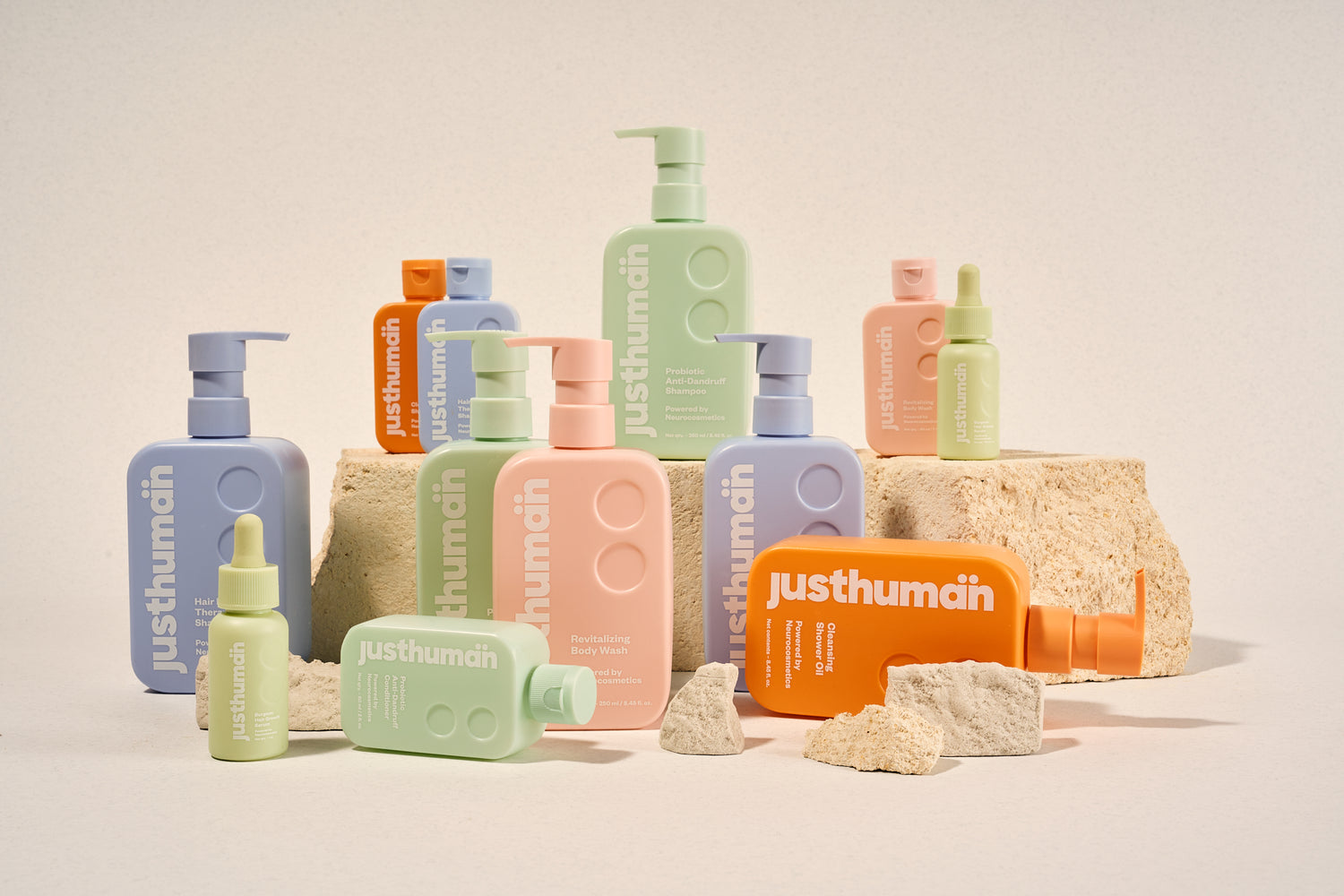Love your micro shot serum
Hi team,
I am a first time buyer and truer-outer. My jar of body soother arrived with a crack on the inside of the bottle - on the white plastic inset. And the cream and gel were already combined. I did not need to mix it.
Having said this, it is a good moisturiser. So far so good.
I love the product foot facial . The result is amazing. I have gifted it to my mother and sister . They just loved it . Thanks to you that i go for less pedicure session
Haven’t started seeing results yet but for some reason i believe this will improve my hair quality







